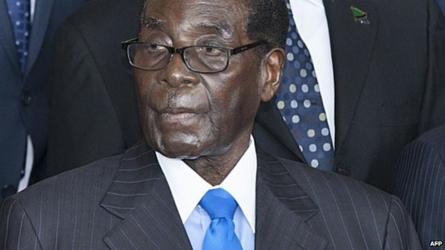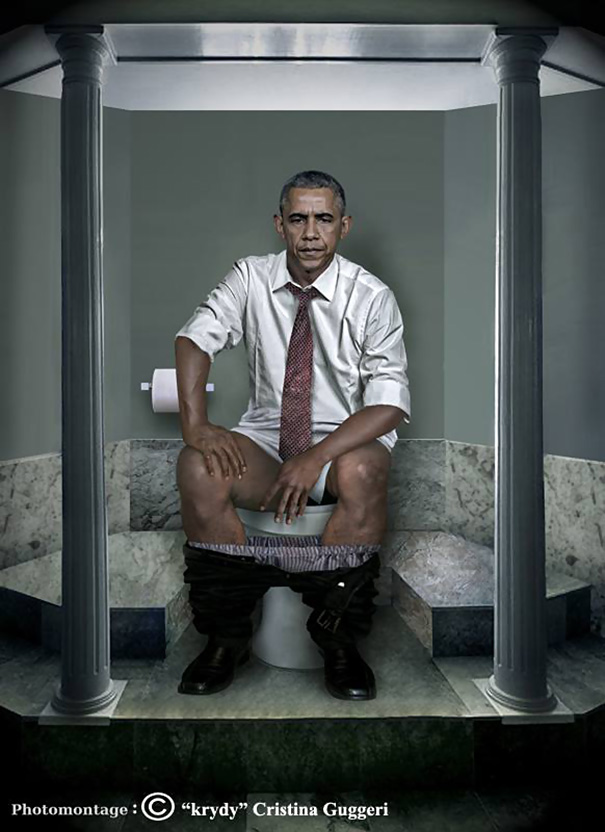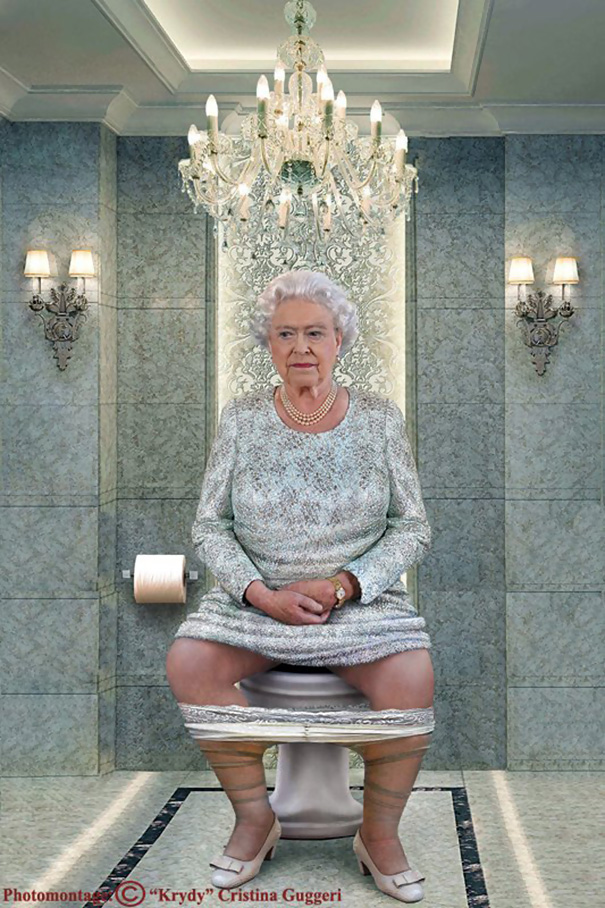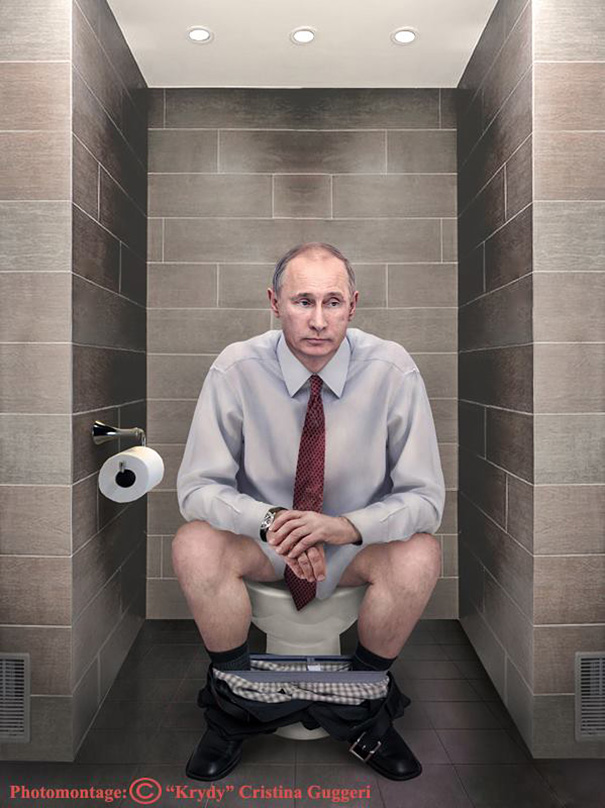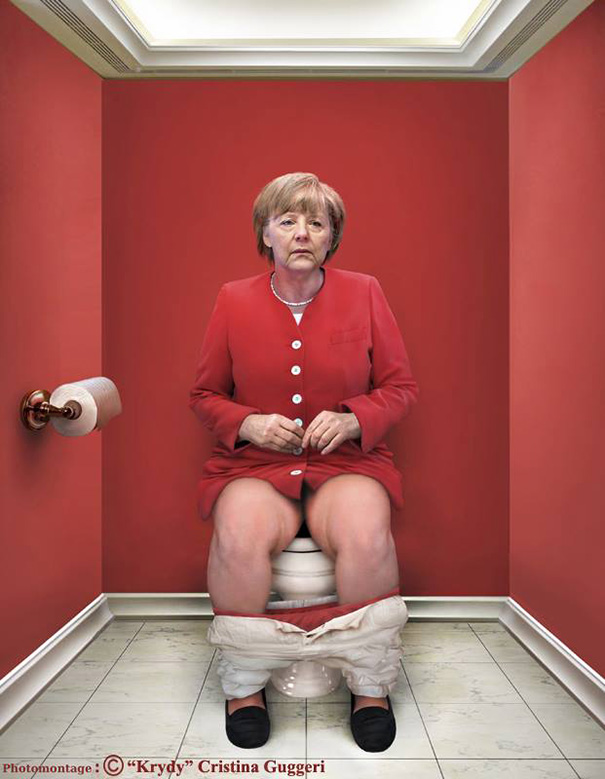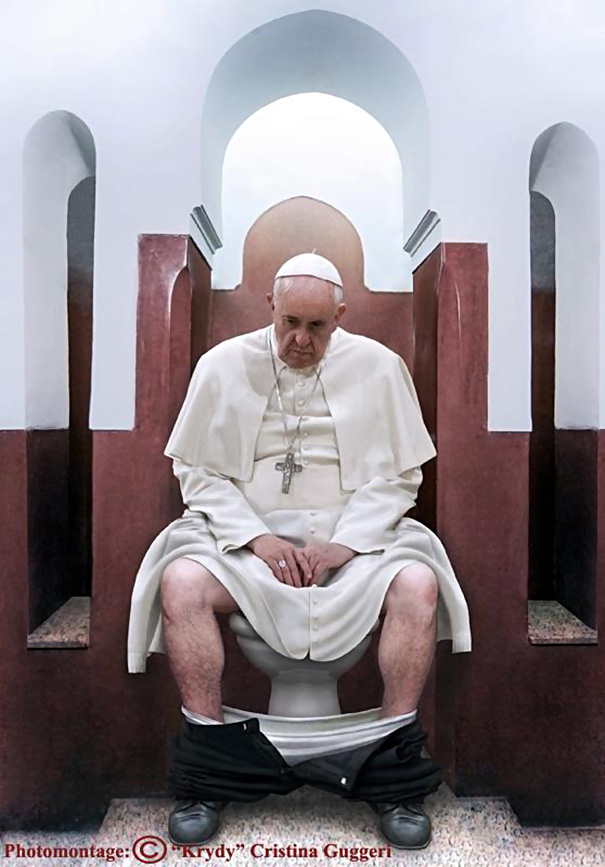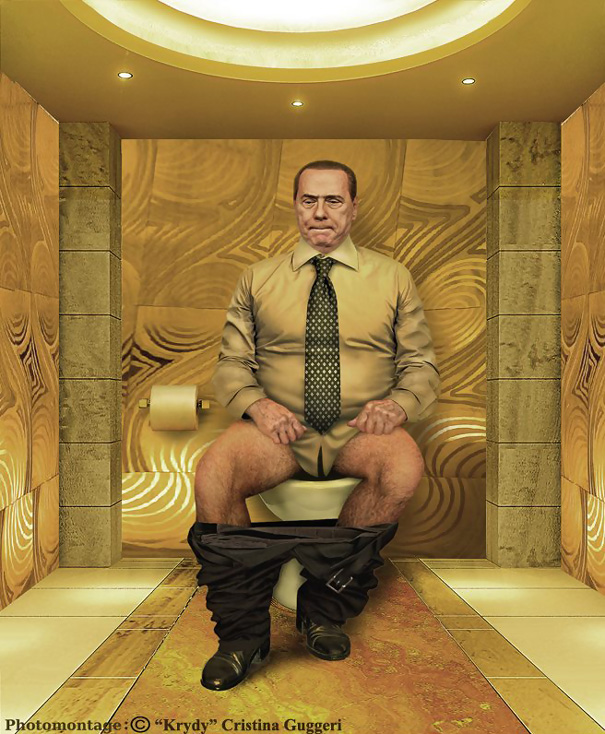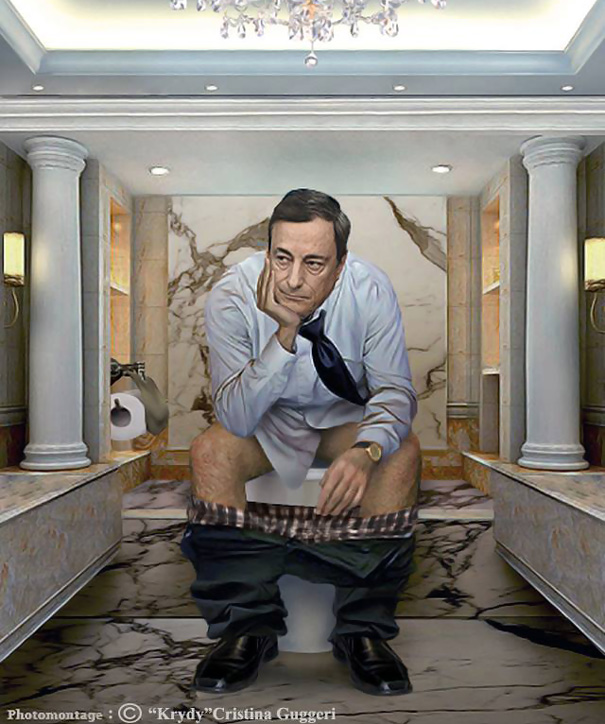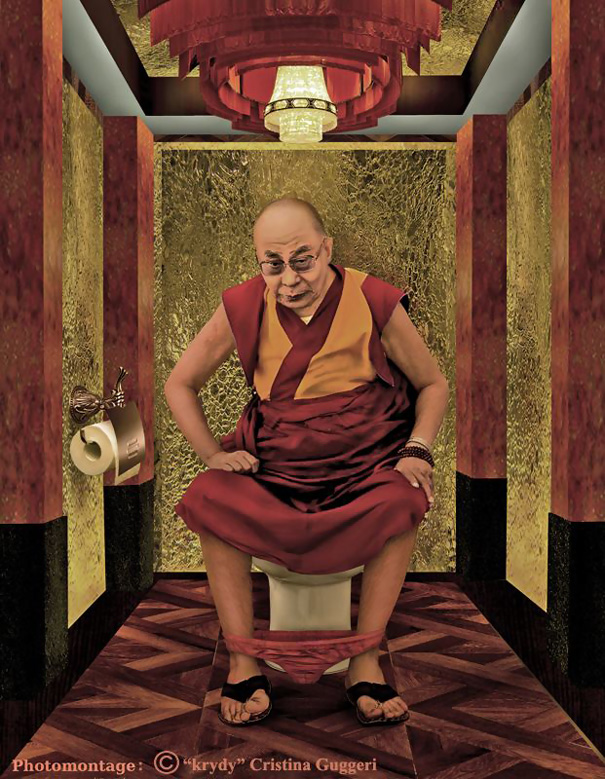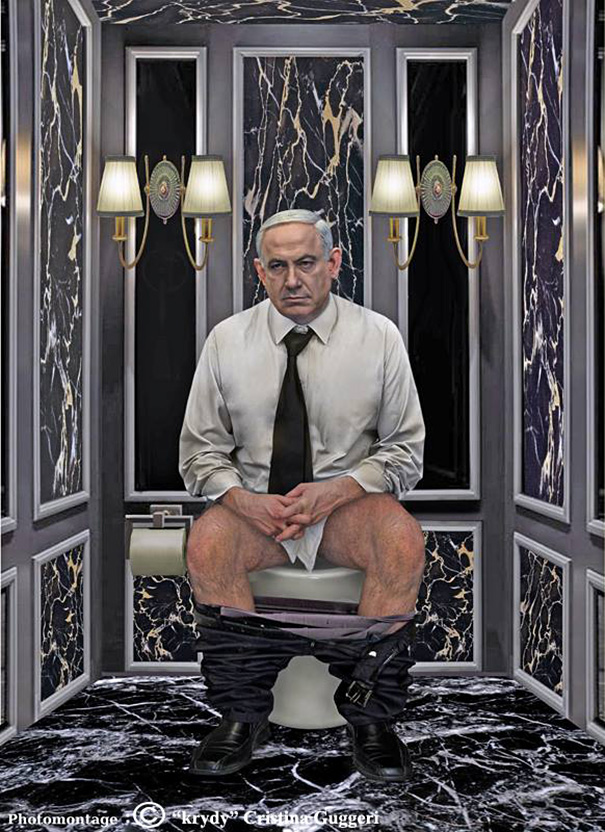Every five years, the CIA’s National Intelligence Council meets government officials, scholars, business people and civil society representatives from all around the world, to get a feel of the trends likely to shape the world over the next 15 years. The Global Trends Report 2015 , that envisions the world today, was published in 2000.
In 2005, another meeting convened by the National Intelligence Council this time focused on sub-Saharan Africa, to discuss the major drivers that would shape Africa into 2020, including demography, globalization, conflict, terrorism and HIV/Aids, their report was called Mapping Sub-Saharan Africa’s Future .
We look at some projection about Africa from both reports, and see what they got wrong:
“Over the next 15 years, Sub-Saharan Africa will become less important to the international economy.”
The CIA predicted that the high growth rate projected for the global economy from 2005 to 2020 would not be matched by African countries, which would fall far below the rates projected for the fast-growing East Asian nations.
In actual fact, the region’s economic growth has been faster than that of the world average since 2000, and even faster that East Asia until 2008. In 2013, seven of the ten fastest growingeconomies were African, and the region’s business opportunities are firmly on the international radar.
Capital flows to Sub-Saharan Africa reached an estimated 5.3% of regional GDP in 2013, significantly above the developing-country average of 3.9%. Between 2012 and 2013, net foreign direct investment (FDI) inflows to the region grew 16% to a near-record $43 billion in 2013, boosted by new oil and gas discoveries in many countries including Angola, Mozambique, and Tanzania.
“Africa is unlikely to become a major supplier of international terrorists.”
The experts said that Africa was unlikely to become a major supplier of international terrorists due to the “profound differences” between Islam practiced in Africa and in the Middle East. They envisaged Africa as only being a sanctuary for foreign terrorists, providing them with safe haven and a place to hide weapons and assets.
But history has shown that African terrorists have by no means been left behind in making their mark on the international stage. The head of Al-Qaeda today is Ayman al-Zawhiri, an Egyptian citizen and founder of the Egyptian Islamic Jihad.
One of the biggest attacks was the 2013 Westgate Mall attack in Nairobi when Somalia’s Al-Shabaab militants killed 67, the attack was seen as a strike on a “Western” target. The infamous “underwear bomber” who tried to detonate plastic explosives while on board a flight from Amsterdam to Detroit, was a Nigerian man, Umar Farouk Abdulmutallab.
What the experts did get right is that the overwhelming majority of terrorist activity in Africa would be caused by indigenous groups waging war against local governments and populations. It has held true for extremist groups all over the continent, from Boko Haram to Al-Shabaab where local populations suffer the most.
“The end of Francafrique.”
The experts predicted that some of the traditional powers that have engaged Africa were likely to leave the scene gradually, in particular, France. “The generation of French leaders who saw their country’s destiny intertwined with Africa has now retired and their successors see their future in Asia and Central Europe,” they said.
But Africa is more important to France today than it has been in decades. France has about 10,000 troops stationed in Africa, with its forces active in at least 10 countries. Although the official line is that France is co-operating with Africa to stabilise weak countries that have a low capacity to control their own territories, Africa is key to France’s economic and political interests.

The French economy is in the doldrums, while African economies are mostly healthy and growing. France has extensive interests in Africa, in oil, minerals, infrastructure projects, telecoms, utilities, banking and insurance; a quarter of France’s electricity is generated with uranium from Niger.
Moreover, continued influence in Africa would bolster France’s declining status as a world power, says this story by Newsweek. And with the Charlie Hebdo massacre, France’s Muslim population will increasingly be on the agenda, most of whom are second- and third-generation immigrants from North Africa.
“Democracy has gone as far as it can.”
The reports said that democratic progress would happen in those countries where democracy was already fairly entrenched, and at the time, the urban-based elite demanding democratisation in most countries had already exercised whatever power that it could.
But in Kenya, one of Africa’s most progressive constitutions was adopted in 2010, and even though today the country is grappling with its implementation, the constitution nonetheless is a watershed moment in the country’s history, and it makes Kenya one of the few countries where constitutional overhaul was achieved without war.
It was expected that a certain inertia had been reached in Africa, where non-democratic countries would invariably remain so; the “plateauing” of African states—that is, the difficulty states confront in changing their relative democratic performance over the next 15 years—would largely be due to structural factors that determine the size of the urban-based elite demanding democratisation.
But Africa’s democratic fate is not written in stone. The Tunisian uprising in 2011 sparked the Arab Spring, that had mixed success across North Africa – Tunisia is doing fairly decently, Libya seems to be spiraling into an all-out war, while Egypt had the most promise for a new beginning but has essentially entrenched a militarised democracy. Elsewhere, last year, long-serving dictator Blaise Compaore was forced out of office in Burkina Faso after 27 years in power.
“Africa is depopulated by HIV/Aids.”
The experts said that some countries in Africa with high rates of HIV/Aids would experience reduced population growth or even declining populations despite relatively high birthrates. In South Africa, for example, the population was projected to drop from 43.4 million in 2000 to 38.7 million in 2015.
But the doomsday predictions did not materialise. South Africa’s population is estimated at 52 million today. There was a 25% reduction in the annual number of new HIV infections in Africa between 2001 and 2011.

The experts had a dim view of antiretroviral therapy making a dent on HIV’s advance in the continent, envisaging that African countries would not have the medical systems to deliver the medicines effectively, nor, in some cases, the political will to roll these out.
But from a mere 50,000 Africans on ARVs in 2003, today, more than 8 million are, and more than 9 million years have been added to African lives between 1995 and 2011 with the scale up in HIV treatment.
Donors stepped in to fill the ARV distribution challenge, and for some time, ARV programmes in countries like Kenya and Zambia were almost entirely funded by donors.
In recent years, some countries have been reducing their dependency on external funding. Public sector AIDS spending in South Africa increased five-fold from 2006 to 2011, Kenya doubled its AIDS investments from 2008 to 2010, Togo did the same between 2007 and 2010, and Zambia increased its health spending by 45% in 2012.
“The outright collapse of Nigeria.”
Nigeria becoming an officially failed state was the most chilling prediction, that would drag down a large swathe of West Africa; history had shown that state failure even in a small country like Liberia had the effect of destabilising entire neighbourhoods.
If millions were to flee a collapsed Nigeria, the surrounding countries, up to and including Ghana, would be destabilised. Further, a failed Nigeria probably could not be reconstituted for many years—if ever—and not without massive international assistance.
Today, Nigeria is gripped by the Boko Haram insurgency in the north, where the militants now control an area of 52,000 square km. – bigger than Rwanda, the Gambia and Comoros combined.
And although more than 13,000 people have been killed in the insurgency since 2011, the experts acknowledge that states with high levels of violence will not automatically be failed states; “indeed, the ability of African countries to continue to muddle along despite high levels of violence should not be underestimated.”
For instance, 20,000 people were killed in Nigeria in the early 2000s in sectarian violence while that country has maintained its democratic façade and still managed to grow into Africa’s biggest economy.
“Most technological advances of the next 15 years will not have a substantial positive impact on the African economies.”
The experts predicted that Africa would miss out on the IT revolution that was unfolding in the world at the time, given its many problems. They foresaw South Africa as best positioned to make rapid progress in IT.
But they all didn’t see mobile coming. Africa’s terrible communications infrastructure was the opportunity to leap-frog landlines into mobiles, and even the most optimistic projections couldn’t have seen how fast the uptake would be – in 2003, Kenyan telecom Safaricom’s business plan was to have 500,000 subscribers by 2013, says this story by Wired. In 2013, they had 21 million – 42 times the target .
And although South Africa’s MTN is Africa’s biggest multinational telecom, South Africa itself hasn’t made the rapid progress that was envisaged. Africa’s hot tech hubs are places like Nairobi and Lagos, where a large unbanked population – unlike that in South Africa – meant there was huge demand for mobile money, thus sparking all kinds of IT innovations.
Senegal and Kenya lead the continent in their ICT sector’s contribution to GDP, at 3.3 -2.9%, a level comparable to France and Germany, while in Nigeria and South Africa, it’s 0.8 – 1.4%, just around the African average of 1.1%.
If this tells us anything it is that betting on, and against, Africa is very tricky business.
-mgafrica.com
